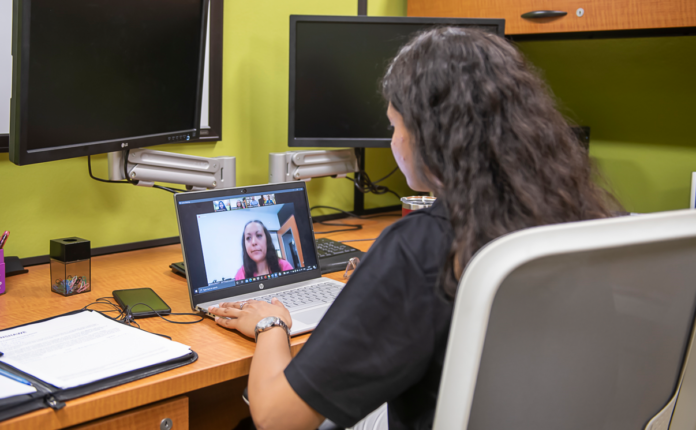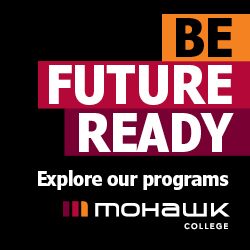In an era marked by technological advancements and global connectivity, Canadian colleges and universities are redefining the traditional campus visit experience through the integration of virtual tours. The conventional practice of physically touring campuses has faced challenges, especially in times of global uncertainties like the COVID-19 pandemic. As a result, educational institutions across Canada have embraced virtual tours as an innovative and accessible means for prospective students to explore campuses remotely. This essay delves into the transformative impact of virtual campus tours, highlighting their benefits, effectiveness, and the evolving role they play in shaping the educational landscape.
Enhancing Accessibility and Inclusivity:
Virtual campus tours break down geographical barriers, allowing prospective students from various corners of the world to explore Canadian institutions without the need for expensive and time-consuming travel. This inclusivity aligns with the principles of diversity and accessibility, ensuring that education becomes a global endeavor. Furthermore, individuals with physical disabilities or limitations can experience campuses virtually, promoting an inclusive approach to higher education.
Adapting to the New Normal:
The COVID-19 pandemic accelerated the adoption of virtual tours as educational institutions worldwide sought alternatives to in-person visits. Canadian colleges and universities swiftly adapted, realizing the potential of virtual tours not only as a temporary solution but as a long-term strategy for engaging with prospective students. This adaptability showcases the resilience of the Canadian education system in the face of unprecedented challenges.
Immersive Technological Experiences:
Virtual tours leverage cutting-edge technologies, such as 360-degree cameras, virtual reality (VR), and augmented reality (AR), to provide an immersive and realistic experience. Prospective students can virtually navigate through campuses, explore classrooms, residence halls, and recreational facilities, gaining a comprehensive understanding of the campus environment. This technological immersion fosters a sense of connection and familiarity, crucial for students in making informed decisions about their educational journey.
Cost-Efficient Decision-Making:
Traditional campus visits often incur substantial costs related to travel, accommodation, and other expenses. Virtual tours eliminate these financial burdens, making it more cost-efficient for prospective students to explore multiple institutions. This cost-effectiveness democratizes the college selection process, ensuring that economic constraints do not hinder access to information and opportunities.
Customized and On-Demand Exploration:
Virtual tours offer flexibility in exploration, allowing prospective students to customize their experience based on their interests and priorities. Whether focusing on academic buildings, sports facilities, or cultural spaces, individuals can tailor their virtual tours to align with their specific needs. On-demand access also enables exploration at any time, catering to the diverse schedules of potential students.
Interactive Engagement and Information Dissemination:
Virtual tours are not limited to static images but often include interactive elements, such as live chats with admissions officers, faculty members, or current students. This interactive engagement facilitates the exchange of information, addresses queries, and provides a personalized touch to the virtual exploration process. This two-way communication enhances the overall experience, making it more dynamic and informative.
In conclusion, Canadian colleges and universities are at the forefront of a paradigm shift in the way prospective students engage with and explore campuses. Virtual tours have emerged as a powerful tool, breaking down barriers, fostering inclusivity, and adapting to the evolving landscape of education. The accessibility, immersive experiences, cost-efficiency, and interactive engagement offered by virtual campus tours make them a transformative force in shaping the future of higher education in Canada. As technology continues to advance, these virtual tours will likely play an even more integral role in connecting students with educational institutions, transcending physical boundaries and opening up a world of possibilities for those seeking knowledge and personal growth.









